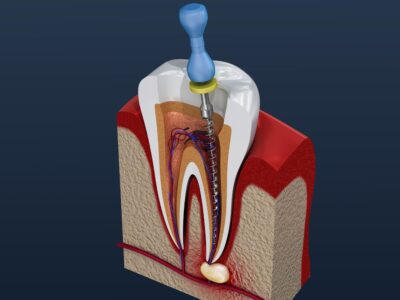
Blog Introduction: Veterans have served their countries with diligence and commitment, putting their lives at risk for others. They deserve the best healthcare possible that acknowledges the unique physical and mental health challenges they face due to their service. In Australia, the federal government, through the Department of Veterans’ Affairs (DVA), provides funding for veteran healthcare services. However, a report by the Australian National Audit Office (ANAO) in 2019 revealed some significant shortcomings in the quality of veteran-centric medical care that needs to be addressed. This blog post seeks to highlight the importance of quality veteran-centred medical care and what needs to be done to improve it.
The first reason why quality veteran-centred medical care is necessary is because veterans often have complex health needs. These needs can arise from physical injuries such as amputations, hearing and vision impairments, or mental health conditions such as PTSD, anxiety or depression, which, if not addressed, can be debilitating. Many veterans also tend to experience social isolation, unemployment, and homelessness, which can have severe consequences on their health. Therefore, their medical care needs to be comprehensive, patient-centred, and tailored to their unique needs.
The second reason why quality veteran-centred medical care is crucial is that it can improve health outcomes and reduce healthcare costs. When veterans receive timely, efficient, and appropriate medical care, it can help to prevent the progression of health conditions, lower the need for hospitalisation, and reduce healthcare costs. Continuity of care is essential in ensuring that a veteran’s care is well-coordinated and that they are referred to the appropriate healthcare provider as needed.
The third reason why quality veteran-centred medical care is paramount is that it can improve the veterans’ overall well-being. Veterans who receive high-quality medical care that takes into account their unique needs are less likely to miss work or suffer from other health-related issues. Consequently, they can have a higher quality of life, better social relationships, and are more productive in their work.
One way to improve the quality of veteran medical care is to promote collaboration between medical care providers and the VA. This collaboration can occur through interprofessional teams that include doctors, nurses, mental health professionals, social workers, and other healthcare professionals. These teams can work together, discuss cases, share information, and provide better care coordination and communication. This plan will allow for the transparency of health care records and less likelihood of important patient information being missed by other providers.
Another way of enhancing the quality of Veterans-centred medical care is by employing evidence-based practice. Practices should be implemented based on research that has proven to be the most effective and beneficial to patients. While anecdotal evidence is important, more rigorous data should be used to support health care decisions and ensure that patients are receiving the best possible treatments for their conditions.
The health and well-being of veterans should be a top priority for all nations worldwide. Australia has made some notable progress in veteran-centric healthcare, but more needs to be done to improve the quality of medical care available to veterans. Improvements to veteran healthcare will require collaboration between healthcare providers and government agencies, the employment of evidence-based practice, and a range of resources to provide comprehensive care. By valuing and prioritising the health of veterans, we can ensure that they receive the quality medical care they deserve.











